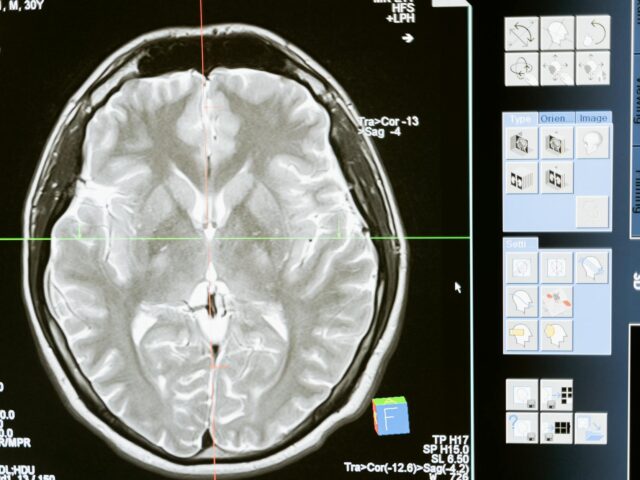Introduction When we enjoy a refreshing can of soda or a quick bite from our favorite fast-food chain, we rarely think about the hidden dangers lurking in these products. A recent report from Consumer Reports reveals that phthalates, chemicals used to make plastic flexible and durable, are widely present in our food, especially in fast […]
Water pollution in the Netherlands: evolution and challenges

Water pollution is a persistent environmental problem that has developed and become more complex over the years. In the Netherlands, a country with densely populated urban areas and intensive agricultural practices, the quality of both surface and drinking water has always been a major concern.
Blue Light: A deep dive into its effects and how to protect yourself

Blue light is an interesting topic these days, particularly due to the growing time we spend on digital devices. It has both benefits and drawbacks, and it’s essential to understand how it affects us, especially when it comes to our neurological system and eye health.
The dual threat: How smartphones and sugar combine to exacerbate addiction susceptibility and self-esteem

In today’s digital society, smartphones and sugary products are ubiquitous. While these facets of modern life superficially offer comfort and connectivity, they hide a layered complexity that can pose significant psychological challenges. This article explores the synergistic effects of excessive smartphone use and high sugar consumption, focusing particularly on how these habits contribute to addiction […]
Nourishing the mind: the diet for optimal brain health

When we look around us, we are getting bigger and unhealthier. The foods that you need are being legislated away/ made more expensive by the government. This interview below was very interesting.
Tiny terrors: the invisible threat of microplastics

This segment of the All-In podcast significantly heightened my awareness about microplastics. While I was already aware of their dangers and knew to be cautious, this episode has made me even more mindful about avoiding the purchase of beverages in plastic containers. The discussion begins at 01:25:09.
What could be the best fitness combination?

intelligent workout strategies involve a balance of consistent training, progressive overload, skill development, and specific training methods for different fitness goals. Mental engagement, recovery, and enjoyment are also key factors, along with proper nutrition and hydration. This approach ensures sustainable improvement in fitness, whether the goal is strength, endurance, hypertrophy, or overall health.
Is the university degree still an example of excellence?

I came across a fascinating article that actually explains some interesting things which I’m personally noticing in my professional environment and personal life.
The Sweet Addiction: How Sugar Influences Our Health and Policy.

In a recent podcast with Dr. Robert Lustig, a leading expert in endocrinology, an intriguing light is shed on the complex relationship between genetics, environmental factors, and our diet. Dr. Lustig emphasizes a crucial insight: while our genetic code has remained virtually unchanged over the past 30 years, our environment, especially our diet, has undergone […]
Why my instincts tell me a lot of people won’t live long

In our modern world, many people spend an excessive amount of time indoors due to office jobs and a reliance on motorized vehicles. This sedentary lifestyle often leads to reduced physical activity, limited exposure to sunlight, and insufficient fresh air. These factors can have detrimental effects on our health.
